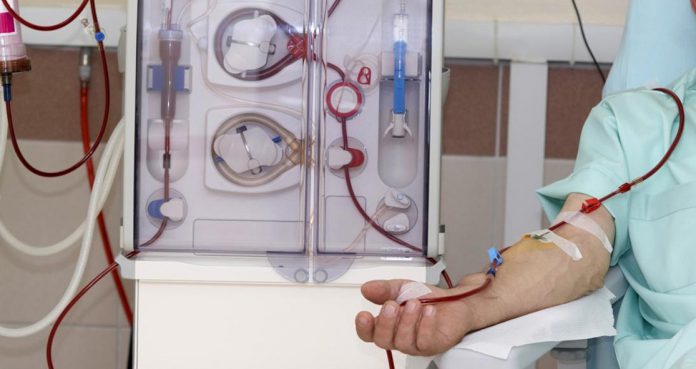According to a new study, patients with chronic kidney disease (CKD) have functional decline within six months of dialysis, while older patients lose their functional abilities. The study also found that caregiver burden also increases.
The study was conducted in the Netherlands, which included more than 185 participants aged 65 years and above with end-stage renal disease (ESRD). The participants underwent a geriatric assessment along with frailty screening at the initiation of dialysis.
Researchers assessed the overall functional status and caregiver burden at the initiation of dialysis and after six months.
Nearly 40 percent of the participants lost their function ability, which means they lost their abilities to perform daily activities. More than 34 percent remained stable, 18 percent improved, and 8 percent died.
The researchers found that functional decline or death was higher in patients who were old and frail. In addition, caregiver burden increased from 23 percent to 38 percent.
Lead author Dr. NamikoGoto said, “We have shown that functional decline in older adults is highly prevalent and is mainly due to a loss of independence in instrumental activities of daily living – activities such as medication intake, laundry, and food preparation.”
Dr. Goto wrote, “The results suggest that an individual’s health-related goals should be assessed before dialysis begins. This could be useful for physicians, patients, and caregivers as they discuss whether to start dialysis. In addition, interventions such as physical activity programs may be initiated to prevent functional decline in patients at high risk.”
A kidney transplant patient and a dialysis center owner Daniel L. Abel said, “Old or young, frail or strong, the physical ramifications of our lives on dialysis can be devastating and life-changing in ways that are unique and individual. We depend on our medical team to recognize and respect these differences, and when we aren’t wearing our agony on our sleeve, insight and kindness go a long way.”





















